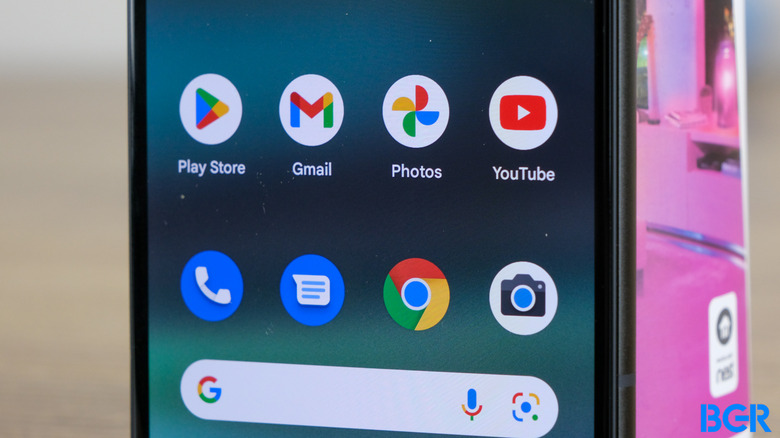How To Remove Revenge Porn From Google Search
Google has recently updated its Google Search privacy tools to improve how it handles personal data. Google won't delete that information from websites — it can't — but it will now make it easier for you to remove those pages from Search results. I've just shown you how to remove your phone number, email, and home address from Google Search.
That's just one improvement. Google also makes it easier to remove explicit images from Google Search results, including revenge porn.
Revenge porn is a term that describes the online distribution of sexually explicit images without the consent of the individual shown in them. Once online, these images and videos are almost impossible to hide. And, again, Google isn't actually able to delete anything from the internet. That's up to the people hosting those websites.
But removing the images and videos from Google Search is a good start. It makes those images and videos more difficult to find on the world's biggest search engine. Note that other search engines might still display results containing your data.
Google says in its recent Google Search privacy update that it has always had policies that "enable you to remove non-consensual explicit imagery" from Google Search.
The company has a support document that explains what you have to do to remove explicit or intimate personal images from Google.
Google is now building on those features. It will let users remove any "personal, explicit images that they no longer wish to be visible in Search." This isn't just about revenge porn. It should protect creators who no longer want to have their explicit content show up online:
For example, if you created and uploaded explicit content to a website, then deleted it, you can request its removal from Search if it's being published elsewhere without approval. This policy doesn't apply to content you are currently commercializing.
As you can see, Google's policy change doesn't mention revenge porn; its scope is bigger than that.
However, the implication is that removing revenge porn from Google Search results should be easier than before. Again, once such content becomes available on the web, it's nearly impossible to remove. What's more likely to happen is for it to show up in other places. This makes it almost impossible to suppress those images or videos.
Google's update to Google Search privacy should make it easier for victims to remove results once they appear on other websites. Hopefully, it's a situation you'll never have to deal with. But if you do need help, you should check out Google's blog post on the matter. And head to this link for more information on how to get started with your Google Search removal requests.
